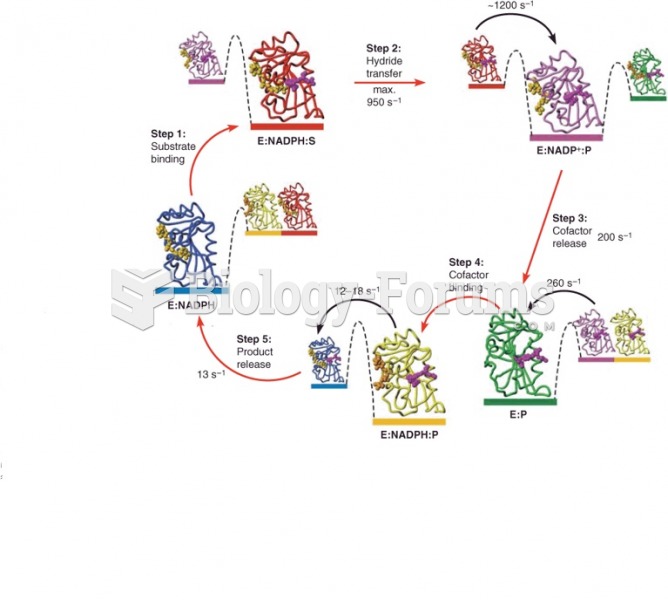|
|
|
For high blood pressure (hypertension), a new class of drug, called a vasopeptidase blocker (inhibitor), has been developed. It decreases blood pressure by simultaneously dilating the peripheral arteries and increasing the body's loss of salt.
No drugs are available to relieve parathyroid disease. Parathyroid disease is caused by a parathyroid tumor, and it needs to be removed by surgery.
Never take aspirin without food because it is likely to irritate your stomach. Never give aspirin to children under age 12. Overdoses of aspirin have the potential to cause deafness.
Your chance of developing a kidney stone is 1 in 10. In recent years, approximately 3.7 million people in the United States were diagnosed with a kidney disease.
The senior population grows every year. Seniors older than 65 years of age now comprise more than 13% of the total population. However, women outlive men. In the 85-and-over age group, there are only 45 men to every 100 women.
 Urea (diesel exhaust fluid) injection is used to reduce NOx exhaust emissions. It is injected after ...
Urea (diesel exhaust fluid) injection is used to reduce NOx exhaust emissions. It is injected after ...
 To measure fuel-injector resistance, a technician constructed a short wiring harness with a double ...
To measure fuel-injector resistance, a technician constructed a short wiring harness with a double ...





